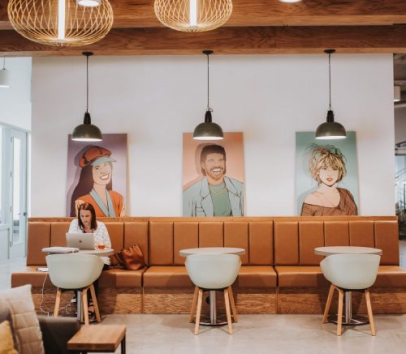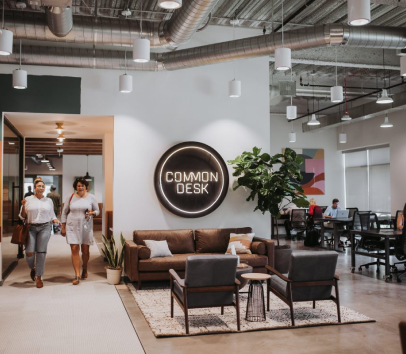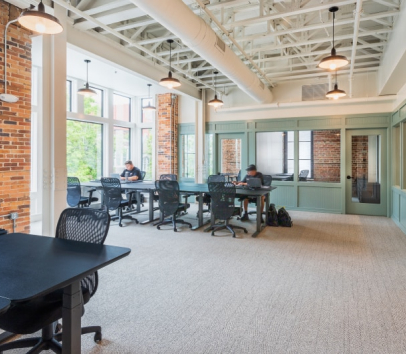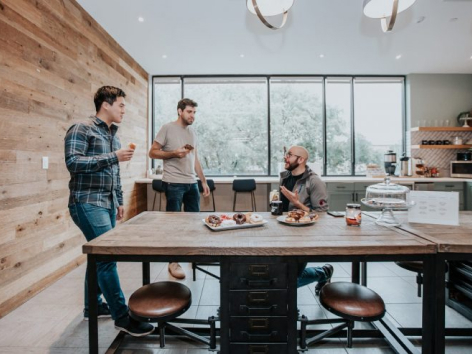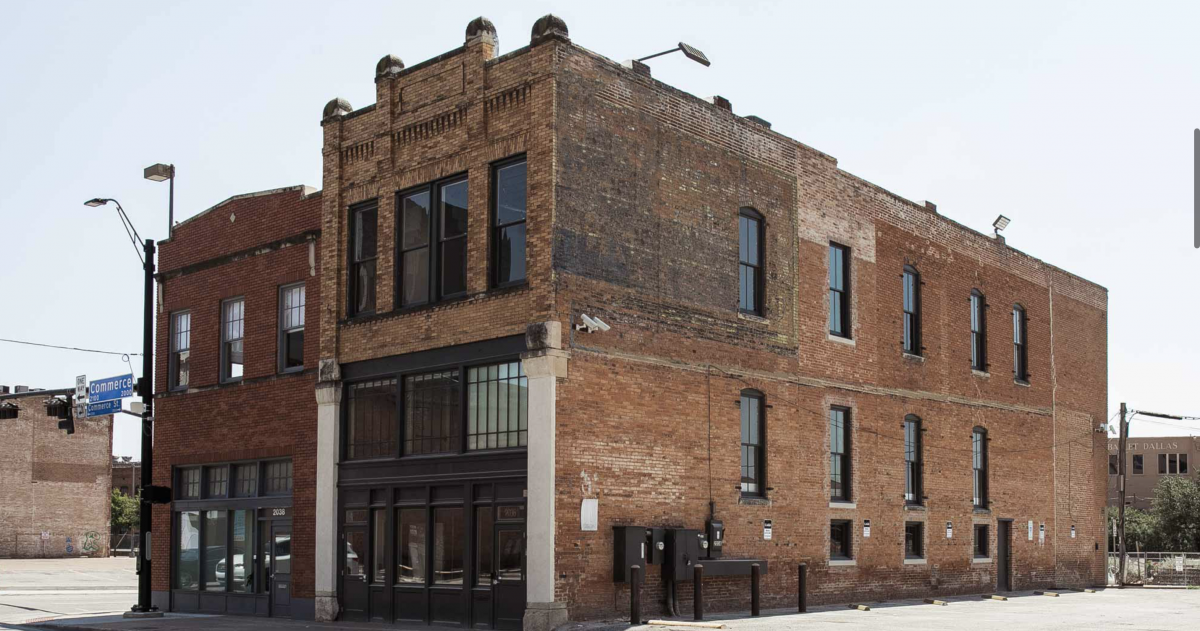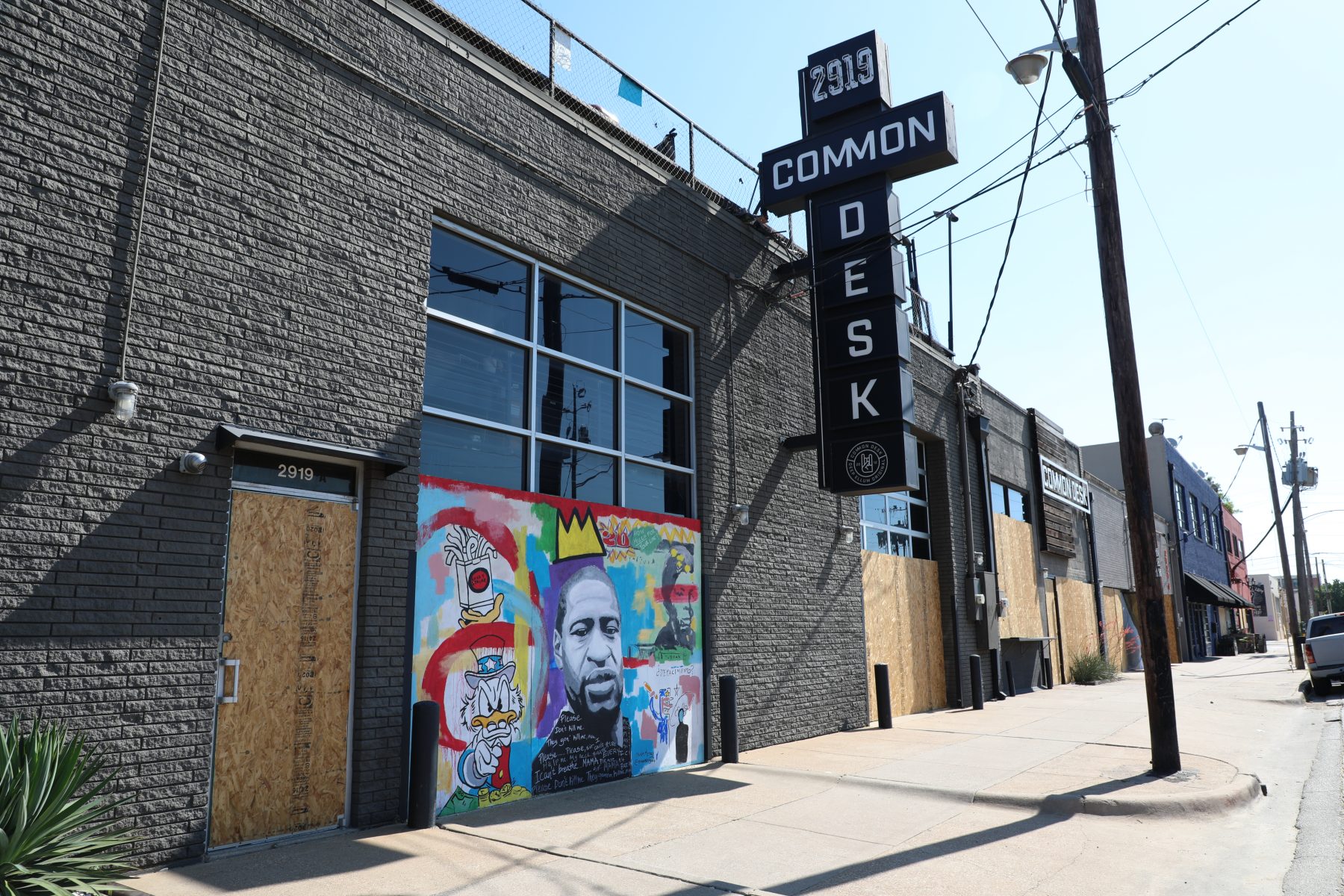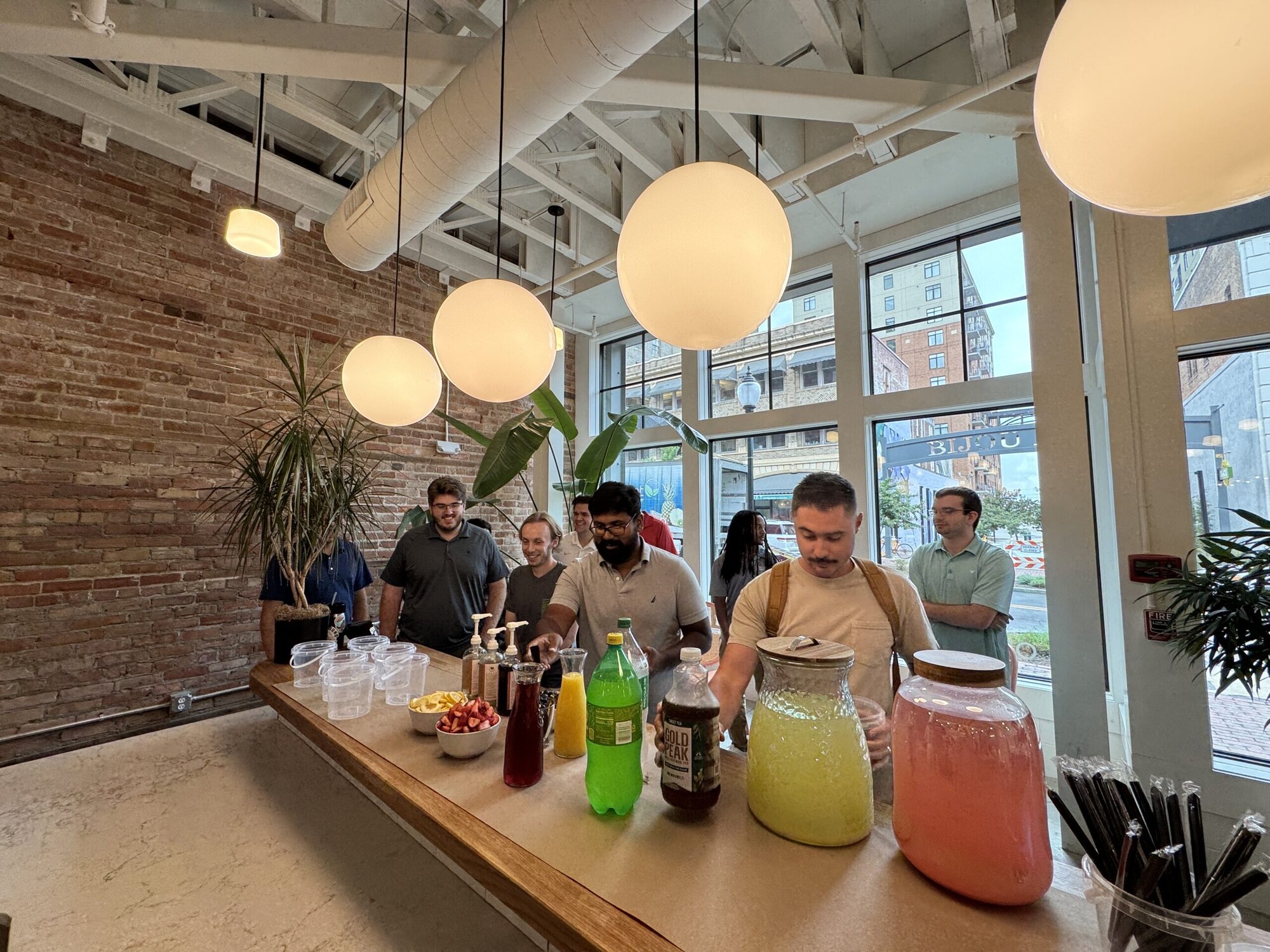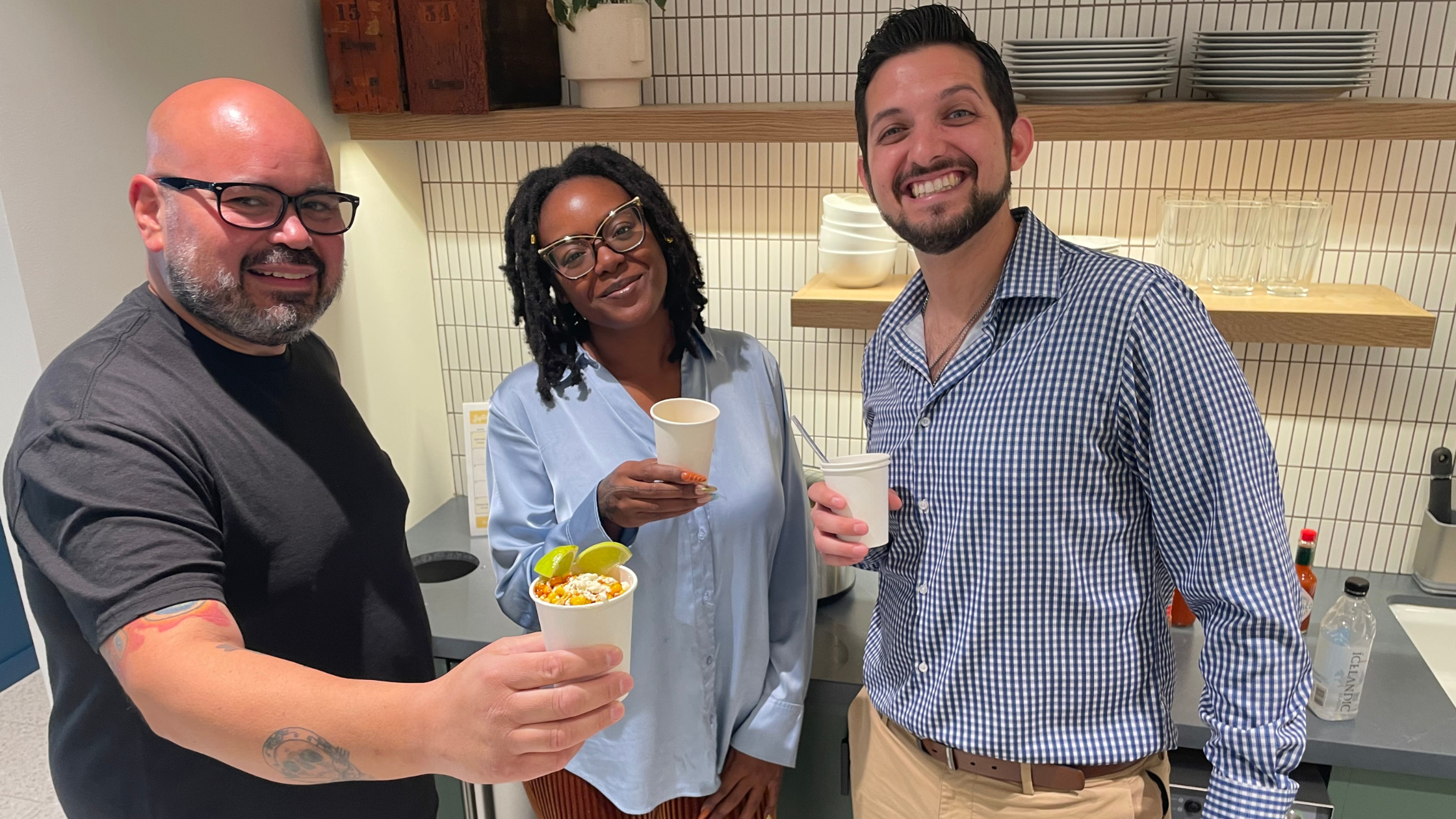The past few weeks have been nothing short of an awakening for not only American citizens, but also individuals, businesses, and systems across the globe. A giant spotlight is shining on the deep and very-much-still-alive systemic racism in our country, and it’s time for racism of all shapes and sizes to (finally) become a concept that lives in history books as opposed to a daily reality for so many people of color in our country–especially for the Black community. Change is being called for, but that change won’t come without individuals and companies like ours committing to putting in work and seeing it through.
We’re all by now (hopefully) asking ourselves how we can do better, what we can do to change, and how we can grow to make our individual domains and workplace environments more inclusive, safe, and equal for all people. But for America to recover from its violent, frightening history and address the reality of racism embedded in its collective consciousness, it’s going to take everyday Americans, like us, making a commitment to undoing and unlearning racism and becoming better allies.
Common Desk, as a company, is committed to providing resources for our staff and creating a safe space to learn and grow as a group. We’ve equipped our team with the following resources of varying mediums so we can all learn what it means to be anti-racist together. Instead of keeping this list to ourselves, we figured we’d share it in hopes that another person or team might find it helpful, too.
This will be another list-heavy blog that includes books, podcasts, movies, and resources for parents. Save these links in case you need them in the future!
Articles:
“Racism in America,” by Washington Post Staff for the Washington Post
“The Death of George Floyd, In Context,” by Jelani Cobb of The New Yorker
“Of Course There Are Protests. The State Is Failing Black People,” by Keeanga-Yamahtta Taylor for the New York Times
The New York Times Magazine’s award-winning The 1619 Project is as important as ever. Take some time to read (or re-read) the entire thing, particularly this essay by Nikole Hannah-Jones
“You shouldn’t need a Harvard degree to survive birdwatching while black,” by Samuel Getachew, a 17-year-old and the 2019 Oakland youth poet laureate, for the Washington Post
“It’s exhausting. How many hashtags will it take for all of America to see Black people as more than their skin color?” by Rita Omokha for Elle
“The Case for Reparations,” by Ta-Nehisi Coates for The Atlantic
“How to Make This Moment the Turning Point for Real Change,” by Barack Obama in Medium
“Black Male Writers For Our Time,” by Ayana Mathis in New York Times
“I Was The Mayor Of Minneapolis And I Know Our Cops Have A Problem,” by R.T. Rybak
“Don’t understand the protests? What you’re seeing is people pushed to the edge,” by Kareem Abdul-Jabbar in Los Angeles Times
“I’m Black. My Mom is White. This Is The Talk We Had To Have About George Floyd’s Killing,” by Kimberly J. Miller for the Huffington Post
A project from Harvard University about implicit bias
11 Fiction Novels Written by Black Authors by Kelly Johnson for Cupcakes and Cashmere
The Justice in June Resource Guide compiled by Autumn Gupta with Bryanna Wallace’s oversight for the purpose of providing a starting place for individuals trying to become better allies
Books:
The Warmth of Other Suns: The Epic Story of America’s Great Migration by Isabel Wilkerson
A Spectacular Secret: Lynching in American Life and Literature by Jacqueline Goldsby
The New Jim Crow: Mass Incarceration in the Age of Colorblindness by Michelle Alexander
So You Want to Talk About Race by Ijeoma Oluo
Born a Crime: Stories from a South African Childhood by Trevor Noah
How To Be An Antiracist by Ibram X. Kendi
White Fragility by Robin DiAngelo
Biased by Dr. Jennifer Eberhardt
Wilmington’s Lie: The Murderous Coup of 1898 and the Rise of White Supremacy by David Zucchino
Raising White Kids: Bringing Up Children In A Racially Unjust America by Jennifer Harvey
Waking Up White by Debby Irving
Citizen: An American Lyric by Claudia Rankine
Brutal Imagination by Cornelius Eady
Race Against Time: A Reporter Reopens The Unsolved Murder Cases of the Civil Rights Era by Jerry Mitchell
They Were Her Property by Stephanie E. Jones-Rogers
I’m Still Here: Black Dignity in a World Made for Whiteness by
Austin Channing Brown
Me and White Supremacy by Layla F. Saad
Between the World and Me by Ta-Nehisi Coates
The Underground Railroad by Colson Whitehead
The Nickel Boys by Colson Whitehead
The Bluest Eye by Toni Morrison
The Fire Next Time by James Baldwin
My Grandmother’s Hands: Racialized Trauma and the Pathway to Mending Our Hearts and Bodies by Resmaa Menakem
Whistling Vivaldi: How Stereotypes Affect Us and What We Can Do by Claude M. Steele
An American Marriage by Tayari Jones
(PS–if you see one that catches your eye and want to buy, consider purchasing from a Black-owned bookstore)
Movies:
The Hate U Give, a film based on the YA novel offering an intimate portrait of race in America
Just Mercy, a film based on civil rights lawyer Bryan Stevenson’s work on death row in Alabama
The 1965 debate between James Baldwin and William F. Buckley
My hour on the history of Confederate statues in Nat Geo’s America Inside Out
Becoming, a Netflix documentary following Michelle Obama on her book tour
Let It Fall, a documentary looking at racial tensions in Los Angeles and the 1992 riots over LAPD officers’ brutal assault on Rodney King
When They See Us, a Netflix miniseries from Ava DuVernay about the Central Park Five
13th, a Netflix documentary exposing racial inequality within the criminal justice system
I Am Not Your Negro, a documentary envisioning the book James Baldwin was never able to finish
Selma, a film that chronicles the marches of the Civil Rights Movement
Whose Streets?, a documentary about the uprising in Ferguson
Fruitvale Station, a film with Michael B. Jordan about the killing of Oscar Grant
American Son, a film with Kerry Washington about an estranged interracial couple waiting for their missing son
LA 92, a film about the Los Angeles riots that occurred in response to the police beating of Rodney King. The film is entirely comprised of archival footage—no talking heads needed
Teach Us All, a film that shows how over 60 years after Brown v. Board of Education, American schools are still segregated. It explains why that is, albeit school choice, residential segregation, biased admissions processes, and talks to advocates working for change.
Podcasts:
Katie Couric’s podcast episode with Jamie Foxx, Michael B. Jordan, and Bryan Stevenson about Just Mercy
Still Processing, a New York Times culture podcast with Jenna Wortham and Wesley Morrison
Seeing White, a Scene on the Radio podcast
Code Switch, an NPR podcast tackling race from all angles
Jemele Hill is Unbothered, a podcast with award-winning journalist Jemele Hill
Hear To Slay, “the black feminist podcast of your dreams,” with Roxane Gay and Tressie McMillan Cottom
Pod Save The People, organizer and activist DeRay Mckesson explores news, culture, social justice, and politics with analysis from fellow activists Brittany Packnett, Sam Sinyangwe, and writer Dr. Clint Smith III
The Appeal, a podcast on criminal justice reform hosted by Adam Johnson
Justice In America, a podcast by Josie Duffy Rice and Clint Smith on criminal justice reform
Brené Brown with Ibram X. Kendi, a podcast episode on antiracism
Brené Brown with Austin Channing Brown, a podcast on active anti-racism and her book I’m Still Here
Floodlines from The Atlantic, an audio documentary about the aftermath of Hurricane Katrina, Floodlines is told from the perspective of four New Orleanians still living with the consequences of governmental neglect
1619, an audio series on how slavery has transformed America, connecting past and present through the oldest form of storytelling
Resources for parents:
“George Floyd. Ahmaud Arbery. Breonna Taylor. What do we tell our children?” by Alia E. Dastagir, USA Today, May 31, 2020
“Talking Race With Young Children,” NPR, April 26, 2019
“Raising White Kids Author On How White Parents Can Talk About Race,” NPR All Things Considered, May 31, 2020
Racism and Violence: How to Help Kids Handle the News, Child Mind Institute
“Framing Brave Conversations About Race and Ethnicity” (PDF), Leading Equity Center
“George Floyd, Racism and Law Enforcement: Table Talk: Family Conversations about Current Events,” Anti-Defamation League
“Teaching About Racism, Violence, Inequity and the Criminal Justice System,” Anti-Defamation League
If you know of any great anti-racism resources that we missed, give us a shout so we can add them to the list. Like we told our team when we shared these resources with them: here’s to growing and continuously becoming better than we’ve been before.
Let’s get to work.
This list was compiled by our Head of Talent using the following resources: This List Of Books, Films And Podcasts About Racism Is A Start, Not A Panacea, NPR. A Detailed List of Anti-Racism Resources, Medium. Understanding racism and inequality in America, Washington Post. 7 Anti-Racist Books Recommended by Educators and Activists, The Strategist. ‘How to Be An Anti-Racist’ Is One of the 100 Must-Read Books of 2019, Time. Also sourced from the Goodgoodgood, Rachel Ricketts, Brené Brown.

